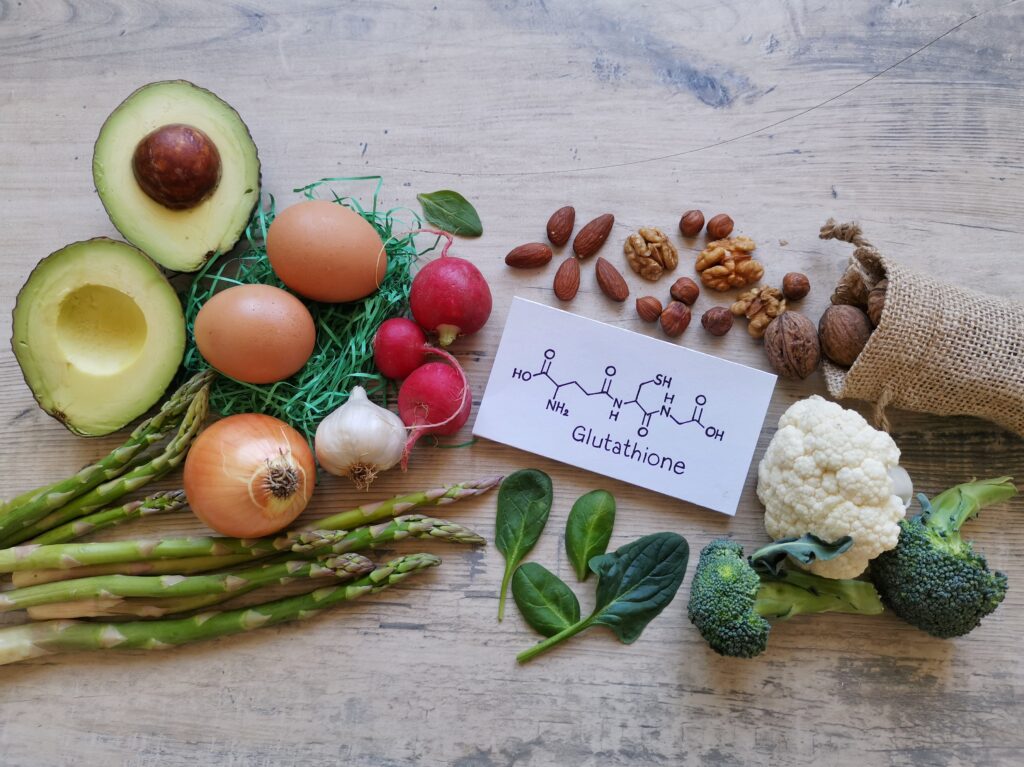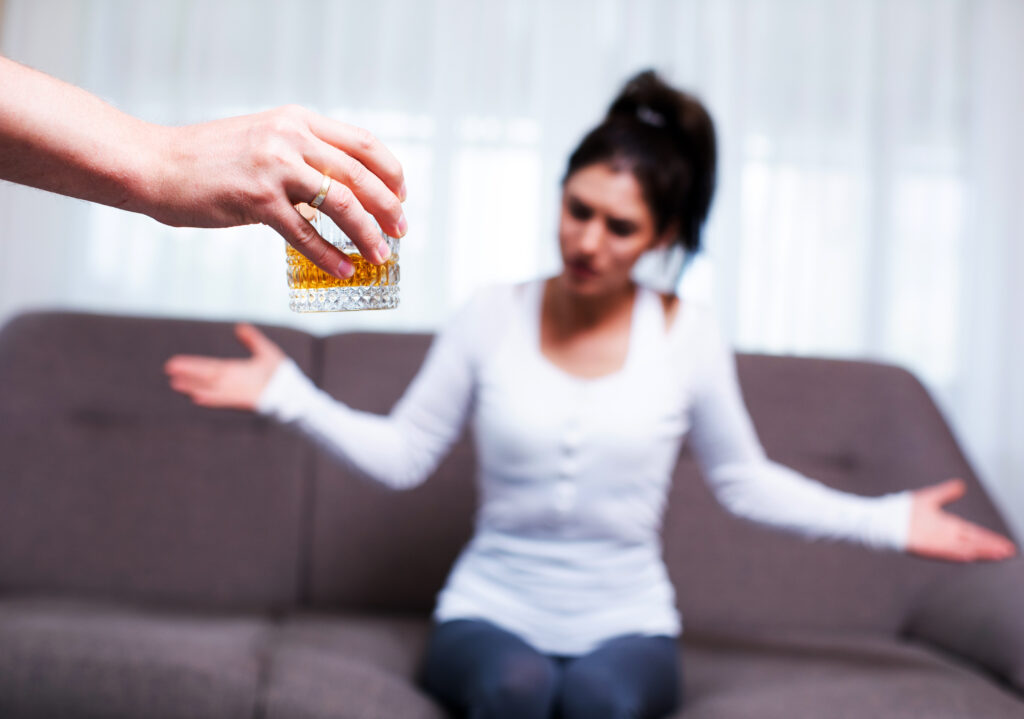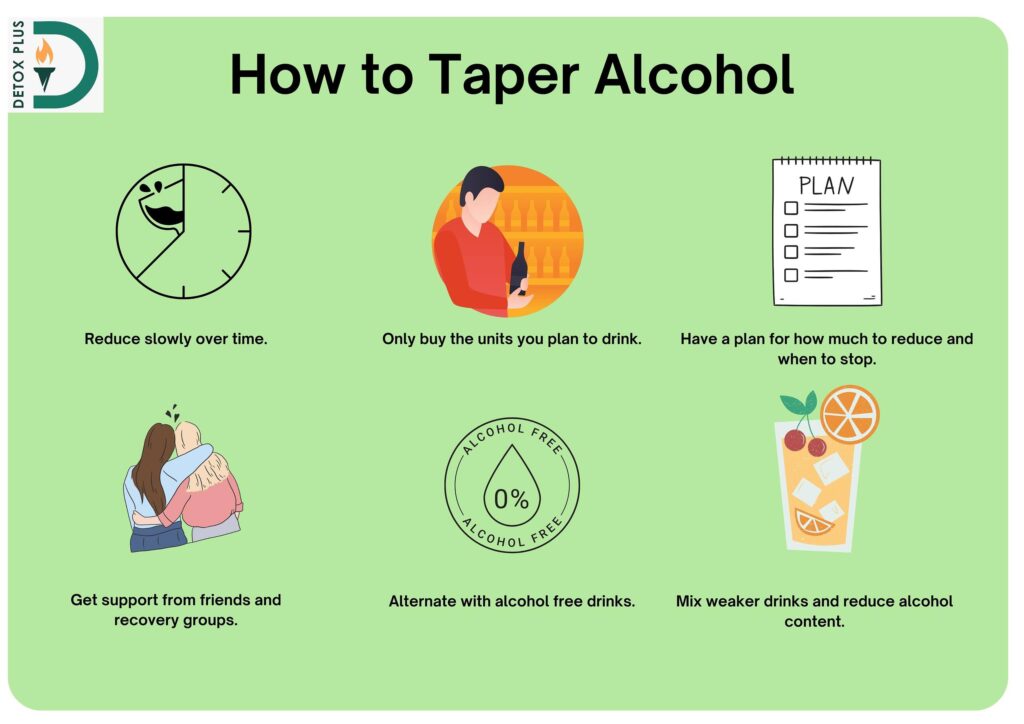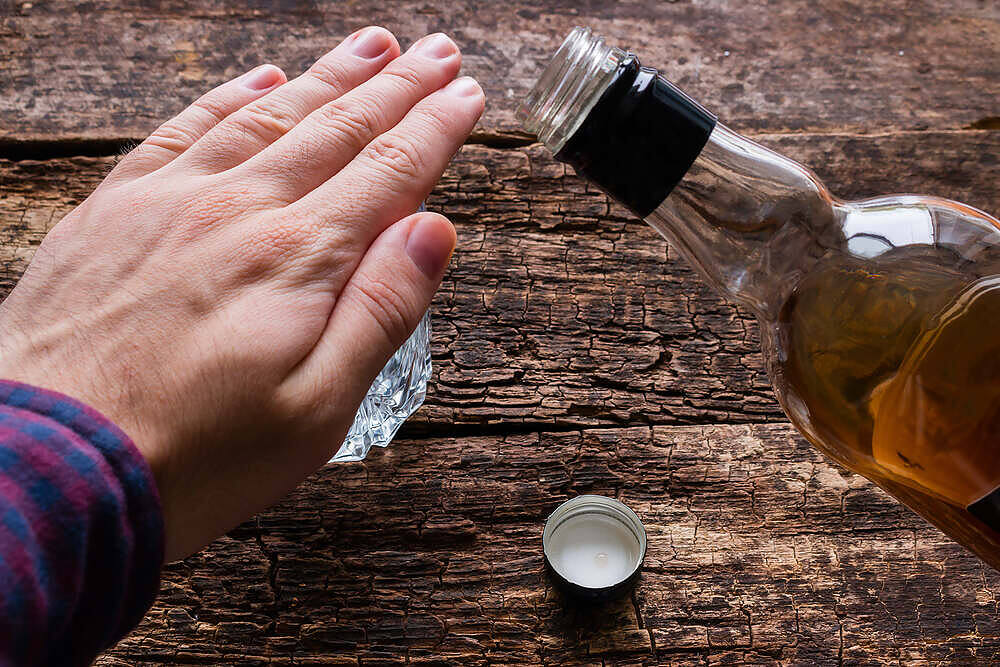
When Is Going Cold Turkey from Alcohol Safe?
If you have a problem with alcohol and are trying to quit, you may wonder if going cold turkey is a safe detox method.
In this article, we aim to answer any questions you may have relating to completely stopping alcohol abruptly (known as cold turkey). We also look at the effects and risks involved in quitting alcohol at home, the ways you can cease alcohol use, and how much alcohol is safe to suddenly stop without help.
Additionally, we also provide guidance on clinically proven safe alcohol detox methods and what to do if you want to get sober but are struggling to stop drinking.
What Is Cold Turkey From Alcohol?
Cold turkey describes a detoxification method whereby a person will abruptly stop a substance that they are finding problematic. In some instances where a person is unable to moderate or reduce their alcohol consumption, they may see going cold turkey as the only viable option. Cold turkey from any substance throws the person into acute withdrawal, whether it be from alcohol, heroin, or a substance such as sugar or caffeine.
When a person decides to go cold turkey from alcohol, they may prepare themselves by throwing out all alcohol in the house and locking themselves away for a few days until the worst of the withdrawal symptoms and cravings pass. Whilst we understand a person’s reasoning behind undertaking such drastic action, it is often unsafe, especially if they have been drinking large quantities or have long-standing alcohol dependence.
Before Stopping Alcohol
If you are determined to stop drinking using the cold turkey method from alcohol, we urge you not to attempt it alone. Having someone by your side can help safeguard you in the event you become too unwell to call for medical help. Whoever you have for support should know the signs of severe alcohol withdrawals so that they seek treatment as soon as possible.
Alcohol Withdrawal Symptoms That Require Urgent Medical Care:
- Acute anxiety or panic
- Agitation or aggression
- Confusion
- Chest pain
- Delerium Tremens (DT’s)
- Hallucinations (seeing or hearing things that are not there)
- Impaired levels of consciousness
- Repeated bouts of vomiting or diarrhoea
- Suicidal thoughts or ideation
- Tachycardia (fast or erratic pulse)
- Uncontrollable shaking or tremors
- Seizures
Alcohol withdrawal is caused by alcohol-induced disruptions in the brain’s chemical balance, leading to excessive neural activity when alcohol is not consumed. These symptoms manifest when a person has become physically addicted to alcohol. It is important to know the danger signs of alcohol withdrawal as early intervention can be life-saving.
If you have ever suffered any of the above symptoms of severe alcohol withdrawal, you should NOT attempt to stop all alcohol suddenly. These symptoms are more likely to recur if you have previously experienced them during alcohol use or withdrawal.
Who Attempts Cold Turkey From Alcohol & Why
Desperate times call for desperate measures. A person who is addicted or dependent on alcohol may see quitting alcohol cold turkey as the only means to get sober.
They may assume they cannot afford a private alcohol detox nor have the time to wait for free services to offer a bed. Perhaps they have already undergone detoxes paid for by the government, who are hesitant to help again. These scenarios are commonplace when it comes to getting free alcohol support.
When a person suffers from alcoholism, their situation can become so life-threatening that they feel they have nothing to lose by attempting to quit alcohol cold turkey, regardless of the risks that come with it.
Addiction causes a person loses all control of the substance that they are addicted to, making moderating or reducing impossible. Before attempting cold turkey, a person with alcoholism may have made many attempts to reduce, control or even quit drinking. It is this distinct lack of control and inability to stop, no matter how great the need or wish, that makes addiction so dangerous.
On the other hand, a person may not realise that they even have a physical dependence on alcohol, or they may be unaware of the dangers of quitting cold turkey.
If any of the above describes you or a loved one, we can conduct a free alcohol use assessment over the phone to identify alcohol dependence and addiction. Our advice is free and confidential. We will advise you on free and affordable self-funded treatment options in your area.
The Dangers and Risks of Cold Turkey Alcohol Withdrawal
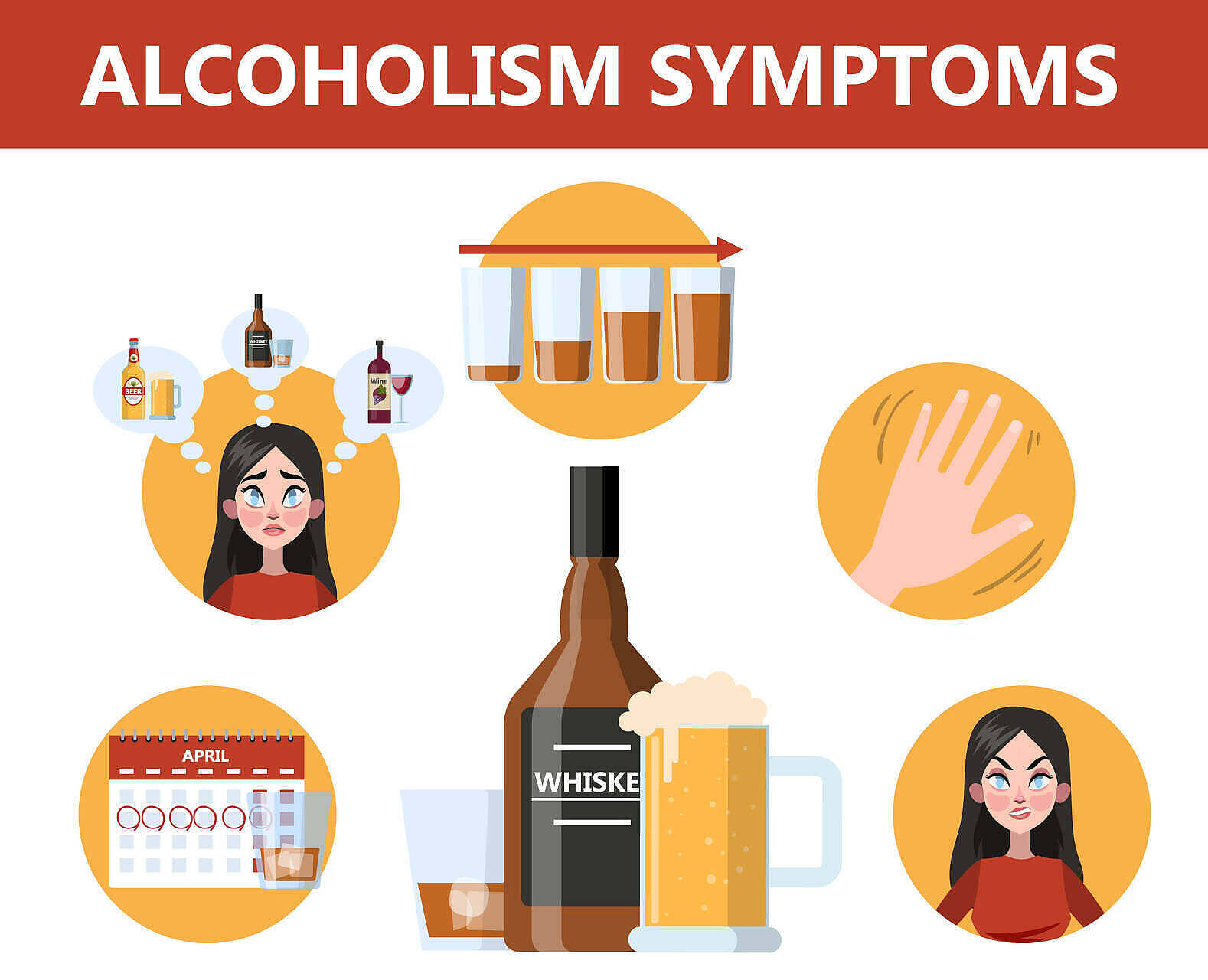
There are many risks and dangers associated with quitting alcohol cold turkey for a person who is physically dependent on alcohol. Alcohol dependence is a common symptom of alcoholism and is an alcohol use disorder (AUD).
Alcohol addiction, whilst it often includes alcohol dependence, is characterised by more than just withdrawal symptoms or a physical need for alcohol. It is a very serious illness and one that is very challenging to overcome. However, with the right support and treatment, recovery and ongoing sobriety is possible.
Am I Addicted to Alcohol?
The first step to overcoming any Alcohol Use Disorder is to cut out all alcohol. This is often more helpful in determining the severity of your condition than studying your pattern of drinking or drinking diaries.
Addiction requires more than just a detox or stopping the problematic substance to get well. This is due to long-lasting changes that remain in the brain, even once it is cleared of substances. These changes make a person with addiction highly vulnerable to relapse.
Characteristics of Alcohol Addiction include:
- Unable to stop or moderate alcohol intake even when there is the desire to do so
- Relapse
- Continuing to drink despite negative consequences to mental, physical, social, occupational or financial health
- Drinking larger quantities of alcohol over time or with more frequency (tolerance)
- Experiencing alcohol cravings
- Obsessively thinking and planning how to get and drink alcohol
- Secrecy or dishonestly over the amount of alcohol consumed
- Denial of an obvious problem
Where a person suffers from addiction, therapy, rehabilitation programmes, and recovery programmes are extremely important. They treat the underlying causes that drive a person’s addiction and address thoughts, emotions and behaviours, reducing the risk of relapse.
What To Expect During A Cold Turkey Detox From Alcohol
Before attempting to quit alcohol altogether, it is important to know the risks associated with detoxification. Going cold turkey from alcohol carries the most risk out of all the detox methods and will cause the most disruption to your brain and body. This will not only cause you to suffer physical symptoms but also physiological symptoms such as severe anxiety, depression, cravings and obsessive thoughts about alcohol.
When Alcohol Withdrawal Starts
Alcohol withdrawal usually starts around 8 to 24 hours after your last drink and peaks in severity around days 3 and 4. The first 72 hours is when you will be most at risk of symptoms such as delirium tremens, and seizures, although for some people, these symptoms can manifest after this time-lapse.
A study has found that 12.8% of people with alcohol use disorder who are undergoing withdrawal experience at least one episode of convulsions or delirium tremens. According to the study, those who suffer from these severe and life-threatening withdrawal symptoms reported consuming more drinks within any 24 hours, more withdrawal episodes, more non-prescribed use of sedative-hypnotics and a greater number of medical problems than those who don’t.
While these statistics and symptoms can be scary, they should not hold you back from deciding to get sober. Sobriety is the best gift you can give to yourself and to your family if you suffer from alcoholism. It merely means some planning and consideration are needed to ensure that you detox safely without placing your life at risk.
Symptoms of alcohol withdrawal can be successfully and safely managed with a full inpatient alcohol detox. Withdrawal from alcohol does not need to be painful or life-threatening with the right help and treatment.
For those that can have some control when drinking alcohol, a tapering-off regime works well also. However, this method carries the highest risk of a full-on relapse and doesn’t stop withdrawal from happening.
Symptoms of DTs During Alcohol Withdrawal
You may have heard about Delirium Tremens (DTs) but not know precisely what they are.
DTs are a group of severe alcohol withdrawal symptoms that can be fatal if not promptly treated. They are most likely to occur in heavy, long-term drinkers who quit alcohol suddenly without medical help. Delirium Tremens are also more likely to occur in those with lower food consumption or additional health problems. They can also happen as you get older with more prolonged drinking time behind you.
Age can play a factor in the severity of alcohol withdrawal you experience. As you get older, there is a natural decrease in liver function and brain neuron receptivity. This ageing process is also accelerated by excessive alcohol use and poor diet.
A person with severe alcohol withdrawal requires immediate medical treatment. Because of this, if you are attempting to quit by going cold turkey from alcohol at home, it is vital that you know the signs of Delerium Tremens.
Symptoms of Delirium Tremens During Alcohol Withdrawal include:
Physical Symptoms of DTs:
- Chest pain
- Reduced level of consciousness and excessive sleepiness
- Hyperactivity
- Fever
- Excessive and profuse sweating
- Rapid heart rate
- Involuntary muscle spasms and movements
- Seizures
- Tremors and uncontrollable shaking
- Sensitive to light, sound and touch
Psychological symptoms of DTs:
- Extreme anxiety
- Confusion
- Delerium (fluctuations in mental stability and confusion)
- Disorientation
- Delusions
- Hallucinations (seeing and hearing things that are not there)
- Intense fear
- Excitement
- Rapid changes in mood
There are several risk factors for Delirium Tremens, which increase your chances of suffering from them whilst you detox from alcohol. The more risk factors you have, the higher your probability of suffering from these life-threatening withdrawal symptoms.
You are More Likely to Suffer From Delirium Tremens if You:
- Have a history of alcohol withdrawal
- Previously have experienced delirium tremens during withdrawal
- You have used excessive amounts of alcohol for more than ten years (chronic and prolonged use)
- Are in poor physical health
- Your regular daily alcohol consumption is the equivalent of, or more than: 1.8 to 2.4 litres of wine, 7 to 8 pints of beer or lager or half a litre of spirits
- Are alcohol dependent and stop alcohol abruptly without medical help
If you have any of the above factors that increase your risk of suffering life-threatening alcohol withdrawal symptoms, you absolutely should not try to stop drinking without first seeking medical help.
How Many Alcohol Units A Day Is Safe to Quit Cold Turkey?
There is no definitive answer to this unless you are not alcohol dependent and are quitting a moderate amount of alcohol. This being the case, staying well hydrated and eating a healthy balanced diet combined with exercise will help to flush the alcohol out of your system.
If, however, you have binged on alcohol for several consecutive days or have become dependent on it over time, the general consensus is that you should seek professional healthcare advice.
Any number of components can come into play when determining whether it is safe for you as an individual to stop all alcohol suddenly. This can include but is not exclusive to whether you have suffered seizures in the past, have underlying health conditions, how many times you have been through alcohol withdrawal, medications you take, your overall health and nutrition levels, the amount you drink, your age and the length of time you have been drinking heavily.
The easiest and fastest way to find out of it is safe for you to stop all alcohol completely at home is to call and speak to one of our trained advisors or make an appointment with your doctor.
Tapering Off v Cold Turkey
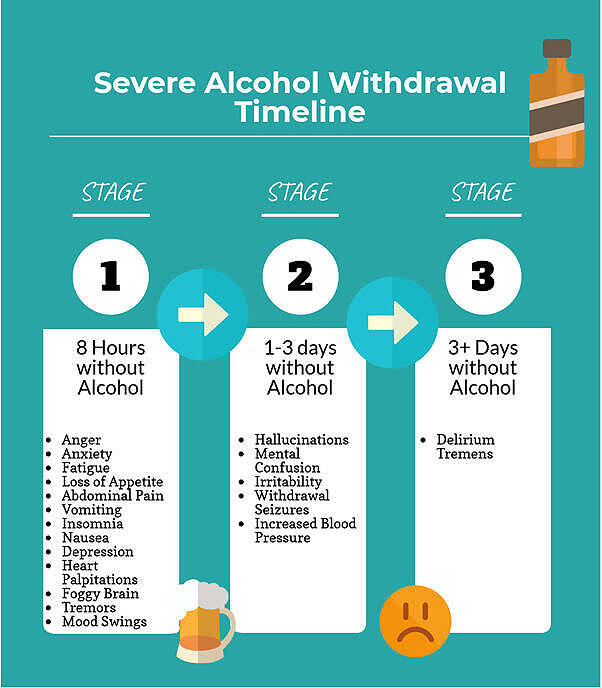
Where alcohol dependence exists, tapering off is safer than cold turkey. Tapering from alcohol involves reducing the amount you drink over a period of several days until you are alcohol-free. A reduction of alcohol as opposed to an abrupt cessation, won’t stop all alcohol withdrawal symptoms. Still, it can be less risky and reduces the risk of more serious withdrawal symptoms happening.
In instances of chronic alcohol use, alcohol withdrawal can still be life-threatening, even with a tapering-off regime. No one can predict how you will react to an alcohol reduction plan until you start it.
The most common issue that people who suffer from alcohol addiction experience during reduction is the constant craving for more alcohol. With alcohol all ready around them and in their system, it can be all too easy to give in to the relentless need to drink more. This method is, therefore, only usually successful in those that do not have an alcohol use disorder and are able to exercise self-restraint around alcohol.
The Cost of Private Alcohol Detox
Private alcohol detox options may be more affordable than you think. Detox programmes for alcohol are also immediately available; there are no waiting times. Whilst it is recommended that a full alcohol rehabilitation programme is undertaken following a medical detox, if you only have the funds to pay for a detox, then this can be arranged.
Medical alcohol detoxes are clinically proven to be the safest way to withdraw from alcohol; they offer the following benefits:
- Approved pharmaceutical medications are administered to reduce and eradicate withdrawal symptoms.
- Throughout the detox, you will be monitored and looked after by healthcare professionals, including registered nurses and doctors.
- Our detoxes are conducted only within CQC-registered facilities of the highest standards
- 24/7 care, seven days a week
- A relaxing, clean and homely environment away from home that is safe from temptation
- You will finish the detox and leave our care alcohol free
- Free ongoing support and aftercare once treatment is completed
Booking a private alcohol detox is as simple as picking up the phone with one of our addiction treatment experts, who can make all of the arrangements for you. In the majority of cases, our patients can be admitted within 24 hours.
References:
- Delerium Temens -DT’s
- Introduction to alcohol withdrawal
- The histories of withdrawal convulsions and delirium tremens in 1648 alcohol-dependent subjects
- Delerium Tremens
